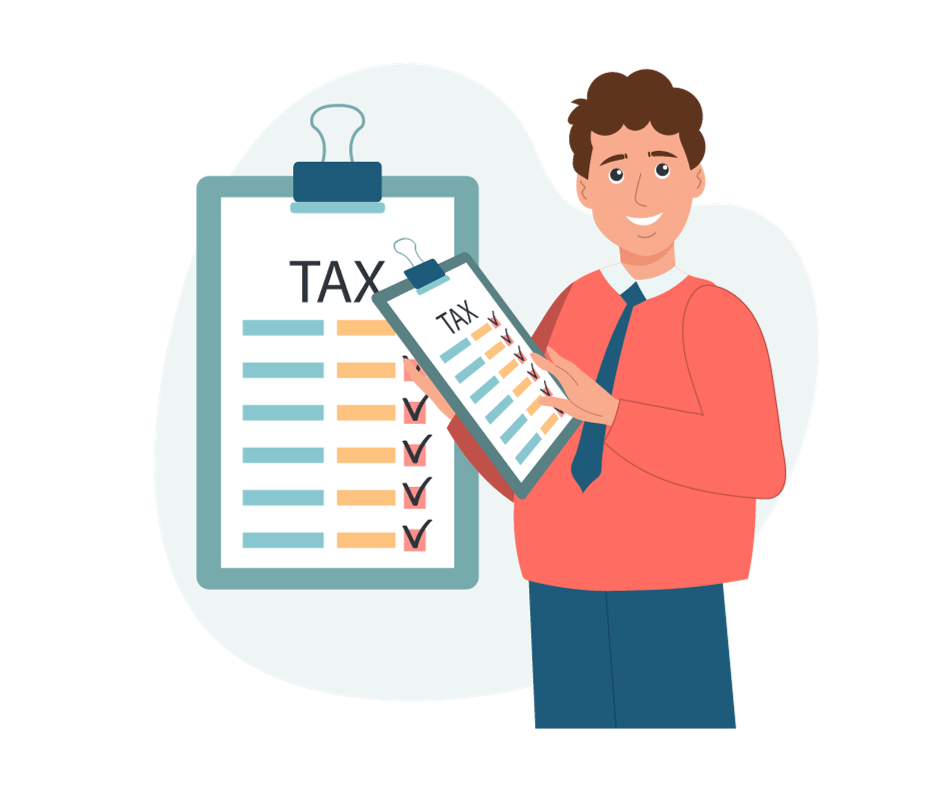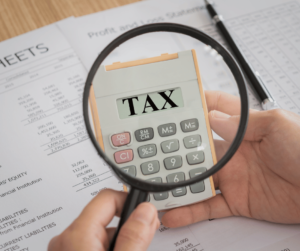
Tax preparation can often be a daunting task, but with the right strategies and guidance, it can become a much smoother and efficient process. In this article, we will explore efficient tax preparation tips that can help you maximize your returns, reduce your tax liability, and ensure that you meet all your legal obligations.
1. Gather All Necessary Documents
Before you embark on your tax preparation journey, it’s essential to gather all the necessary documents. This includes W-2s, 1099s, receipts for deductible expenses, and any other relevant financial records. Having everything in one place will save you time and reduce the chances of missing important deductions.
2. Stay Organized Throughout the Year
Efficient tax preparation starts well before tax season. Stay organized throughout the year by keeping track of your income and expenses. Utilize financial software or apps to monitor your finances, and regularly update your records.
3. Understand Your Filing Status
Your filing status can significantly impact your tax liability. Make sure you understand the different options (single, married filing jointly, married filing separately, head of household, etc.) and choose the one that benefits you the most.
4. Take Advantage of Deductions
Deductions are a great way to reduce your taxable income. Some common deductions include mortgage interest, student loan interest, and medical expenses. Keep detailed records of these expenses to maximize your deductions.
H2: Tips for Itemizing Deductions
5. Itemize Your Deductions
While taking the standard deduction is simpler, itemizing your deductions can lead to more significant savings. If your itemized deductions exceed the standard deduction, it’s worth the extra effort.
6. Use Tax Credits Wisely
Tax credits directly reduce your tax liability and are incredibly valuable. Familiarize yourself with available tax credits, such as the Earned Income Tax Credit, Child Tax Credit, and education-related credits, and make the most of them.
H2: Be Aware of Tax Deadlines
7. Mark Important Dates
Missing tax deadlines can result in penalties and interest charges. Mark your calendar with key dates: the tax filing deadline, estimated tax payment due dates, and any extension deadlines.
8. Consider Online Filing
E-filing your taxes is not only convenient but also ensures accuracy and faster processing. The IRS and various tax software programs offer secure online filing options.
H2: Seek Professional Help If Needed
9. Consult a Tax Professional
If your tax situation is complex or you’re unsure about specific deductions, seeking help from a tax professional can be a wise choice. They can provide guidance and help you navigate the intricacies of the tax code.
10. Optimize Retirement Contributions
Contributing to retirement accounts like a 401(k) or IRA can reduce your taxable income. Take advantage of these accounts to save for the future and lower your current tax liability.
H2: Recordkeeping and Documentation
11. Maintain Impeccable Records
Keeping detailed records not only helps with your current tax return but also safeguards you in case of an audit. Store your records securely and back them up electronically.

12. Stay Informed About Tax Law Changes
Tax laws are subject to change, so staying informed is crucial. Keep up to date with any tax law amendments that may affect your tax situation.
You can also read: Creating Passive Income Streams
In conclusion, efficient tax preparation involves a combination of organization, knowledge, and strategic decision-making. By gathering necessary documents, understanding your filing status, and staying informed about tax law changes, you can streamline the process and maximize your returns.
FAQs
1. When is the tax filing deadline? The tax filing deadline in the United States is typically April 15th. However, it can vary slightly each year, so it’s essential to check the specific deadline for the current tax year.
2. What is the standard deduction, and should I take it? The standard deduction is a predetermined amount that reduces your taxable income. Whether you should take it depends on your individual financial situation. Sometimes, itemizing deductions can lead to greater savings.
3. How can I estimate my tax liability before filing? You can estimate your tax liability by using tax calculators or consulting a tax professional. Additionally, the IRS provides resources to help you calculate your taxes accurately.
4. Are there any tax credits for education expenses? Yes, there are tax credits for education expenses, such as the American Opportunity Credit and the Lifetime Learning Credit. These credits can help offset the costs of higher education.
5. What happens if I miss the tax filing deadline? If you miss the tax filing deadline, you may incur penalties and interest on any unpaid taxes. It’s essential to file as soon as possible to minimize these charges.
Efficient tax preparation is not only about saving money but also ensuring compliance with tax laws. By following these tips and staying organized, you can make the tax season a less stressful and more financially rewarding experience.